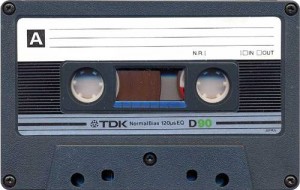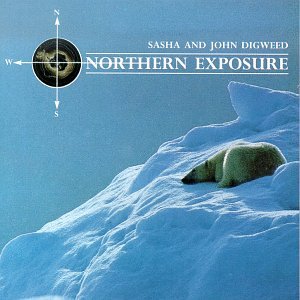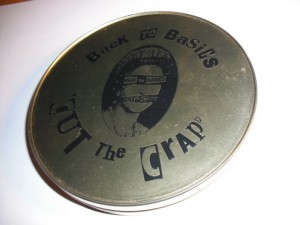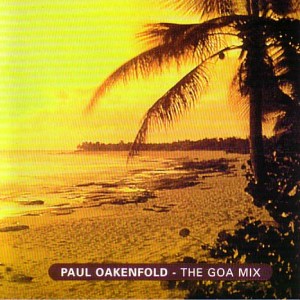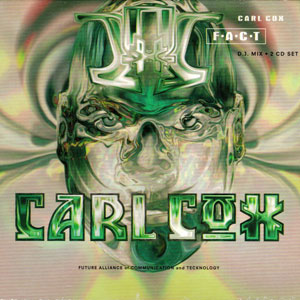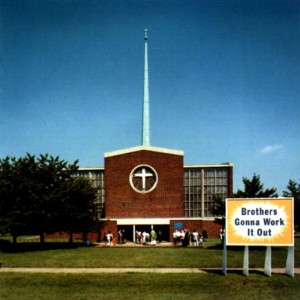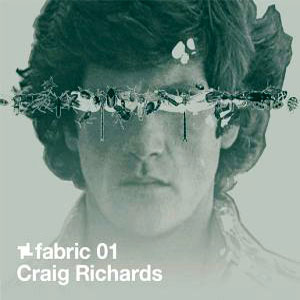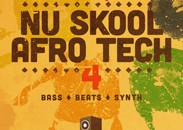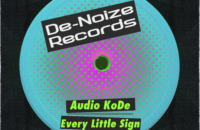You’re sitting in a mate’s bedroom, aged 13. He brings in a tape of his brother’s. It’s Carl Cox, recorded live at a rave in the Lancashire town of Burnley. It’s played on an Aiwa mini hi-fi. Nothing has been the same since.
The mixtape was the original club compilation format. Who knows how they managed to record them, but they did. And despite the often appalling (not to mention unmastered) sound quality, there’s an energy about a live recording that ignores the fact you’re listening to it in a bedroom.
What came next was often less credible than a barely audible TDK of 140 BPM techno. A blessing and a curse, the Mix Album was born and the marketplace saturated, while millions were made and clubs became brands.
The good people at Renaissance first thought of trying to bring the sound of their then special events to the home with an officially released mix album. And since then a few problems have become evident.
Firstly the ear-bleeding volume of a nightclub- and much of the power of a set- is easily lost on poorer quality home soundsystems. And secondly, but perhaps most importantly, you cannot replicate the various non-music related activities and events that take place in a club, and provide a context to fast noise and computer music.
Still, Renaissance: The Mix Collection ensured record shops’ shelves would never be the same again. And it’s a worthy piano and early prog effort on the part of Messrs Sasha & Digweed that deserves credit to this day.
Between then and now time wasters and money grabbers have been plentiful in the bizarre world of recorded DJ sets. But this only makes it better when a true ‘stop-you-dead-on-the-motorway’ release arrives. So, without further ado we present the initial notes we’ve made while looking for the Holy Grail of mix albums.
It’s incomplete at the moment, and your thoughts are more than welcome. We’ll be providing regular updates on our progress featuring old and new releases, foolishly hoping that we might one day get there. Our first compilation of compilations kicks off with the two jocks who arguably started this rather lucrative trend, and keep things classic from then on.
The Man Like Sasha and Diggers followed their Renaissance mix with perhaps the greatest of all compilations. Both Northern Exposure albums still seal the deal in terms of prog-trance and breakbeat, with more ravey moments, vocal anthems and David Attenborough than samples you’d think possible. They’ve subsequently impressed independently, with the likes of GU:Ibiza, MM II, Involver and The Winning Ticket, but rarely come close to either of these double-disc classics. Not as easy to find as they should be, but well worth trying.
It would be impossible to exclude the excellent Back2Basics, tin-wrapped triple album Cut The Crap, complete with mixes from Andrew Weatherall, Derrick Carter and Ralph Lawson. The Leeds institution released this way-back when, and it’s rare as catching Dengue fever in Dunstable these days. Some of the freshest house, electro and tech is plastered all over these three shiny discs. It all sounds damn fine to this day, and serves as the best reminder of what West Yorkshire once had.
It’s unclear whether the inclusion of a Radio 1 Essential Mix is allowed in a list such as this. Completely disregarding this concern we’ve dived right in and included Paul Oakenfold’s Goa Mix. But before you criticise, consider the fact that this was later released to buy, and really is some of the best futurism ever committed to an album. Opening with Goldie, Oakie straddles house, opera, Goa, European and psychedelic trance, carving out sounds with more innovation than the man’s recent work would make you think he was capable of.
When Carl Cox’s FACT mix was first released it’s any wonder it didn’t make babies burst into tears and Britpoppers throw themselves under the nearest pile of Pulp singles. Bangin’ used to be a word people used a lot, but it only comes close to describing the pace and urgency of the three-deck wizard’s intelligently crafted tracklists. From when techno was techno, it’s still in stock and ready to be exchanged for hard currency.
When Tom and Ed lived in Manchester apparently they used to turn up to the Hacienda with a packed lunch and queue from the early evening onwards to get in. That kind of passion should account for something, and rightly so it did. The sleeve notes to Brothers Gonna Work It Out openly admit that The Chemical Brothers can’t mix. Keeping that in mind it would seem the pair are the greatest bad DJs on the planet, and this is their finest hour. Opening with sultry smooth soul, within five minutes the head bobbing beats behind Not Another Drugstore are threatening to burst your bass bins. 20 or so tunes later- with everything from ecological techno to The Manic Street Preachers covered- it’s over, and you’re pressing play again.
A real contender for ‘all time best’ is Coldcut’s eclectic, “what’s happening now” epic, Journeys By DJ. From hip-hop to acid house it’s all here, and after wearing through two copies of the album we still can’t get enough. If you’ve ever heard the Ninja Tune pair’s own productions, it’s nothing like this, so expect the unexpected. Check the “return to your homes” sample for proof that dance music is missing vocal oddities at the moment, and as for the Plastikman section, all that needs to be said is thank god for funk cuts with minimal techno.
The next entry comes from a place somewhat deeper than the rest, and hit our ears later than the preceeding titles. Perfectly enjoyable turned up, when it pumps, rolls and trips for some 80 druggy minutes, or down, wherein it becomes a dubby, downtempo and sparse adventure through tech. Just as significant is the fact that this is where the now-extensive catalogue of mixes from Farringdon’s finest began, and we’d argue till our breath runs out that Fabric 01, from the club’s resident Tyrant Craig Richards, remains the best of the lot.
We recently brought you news of a new Balance CD, mixed by Timo Maas. As excited as we are about that we’d be surprised if it filled the boots of Balance 012: Lee Burridge. Over three hours of modern dance music is presented by the man who’s both the other half of Tyrant, and an international headliner in his own right. The two discs at either side of the double-gatefold are deeper than the Pacific, and a joy to hear. But we’d favour the middle, where the likes of Pheek and Baby Ford & Mark Broom keep things rolling.
